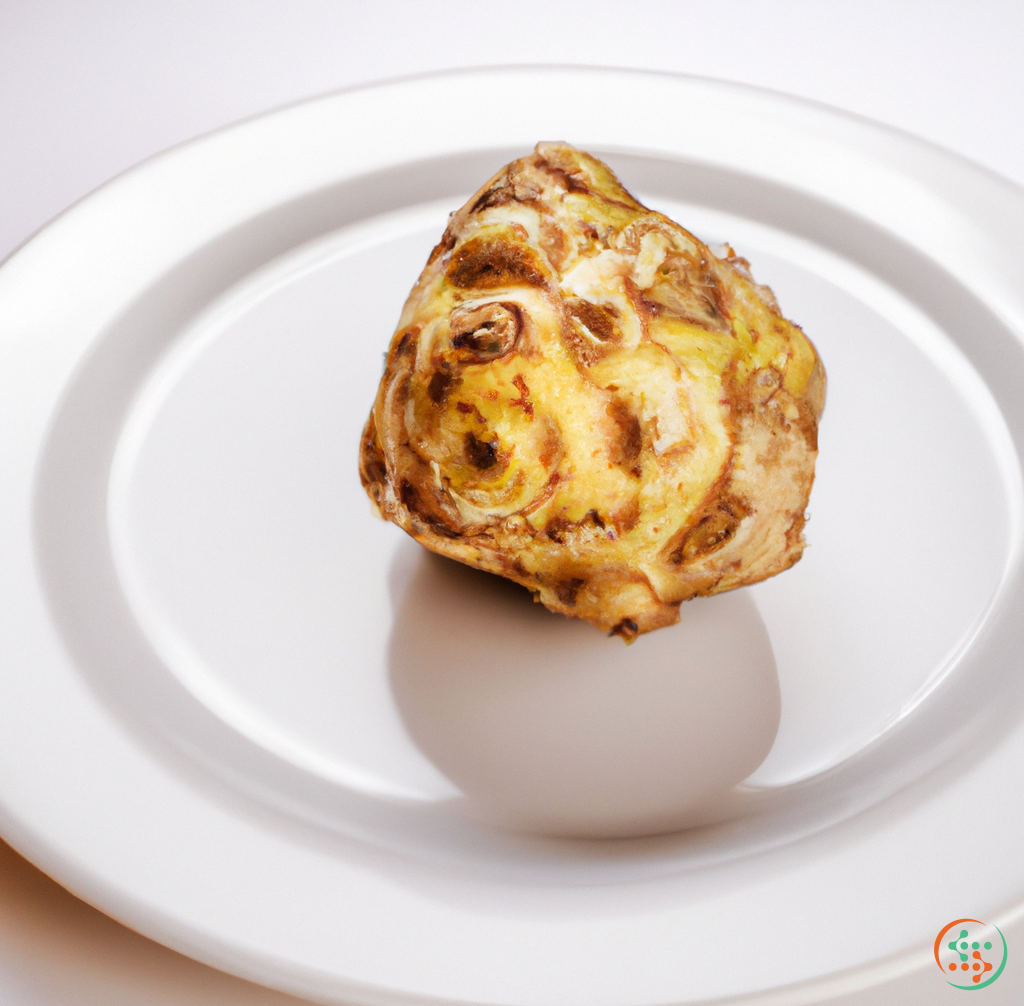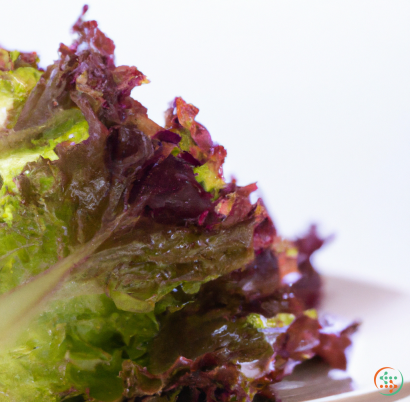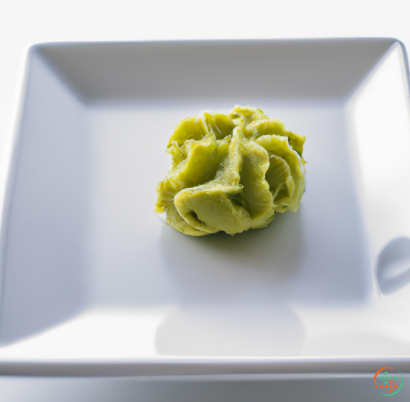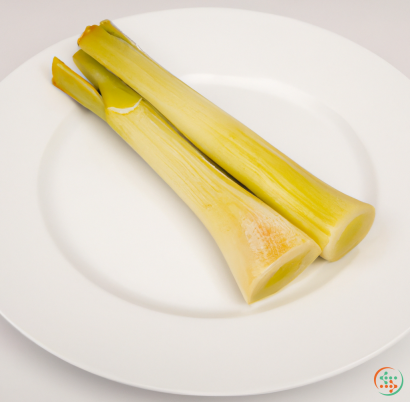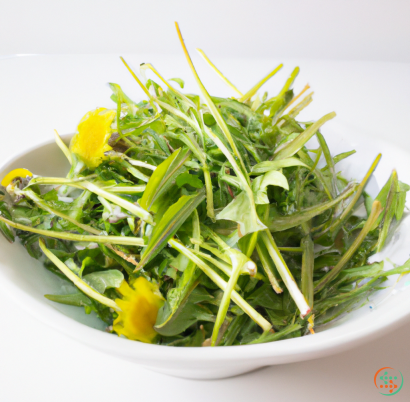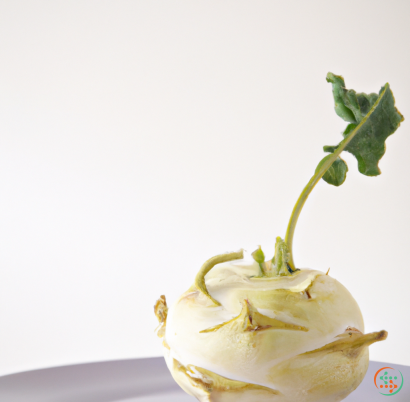Jerusalem Artichoke
, offers some of its health benefits, and gives several options for preparation
What is a Jerusalem Artichoke?
The Jerusalem artichoke, also known as the sunchoke, is a species of sunflower native to North America and is quite possibly one of the most underestimated vegetables around. It is a stout, slightly knobbly root vegetable with a slightly sweet, nutty taste and a crunchy texture. It is often mistaken for a potato or a ginger root when in fact it is a very different plant altogether.
Because of its healthy properties and its versatility in the kitchen, the Jerusalem artichoke is quickly becoming a favorite ingredient in many upscale kitchens. The vegetable has been part of Native American diets since the 1600s and can still be found in many parts of North America today. It is also gaining popularity in Europe and is now considered an up and coming superfood – with good reason.
Health Benefits of Jerusalem Artichokes
The Jerusalem artichoke may be small, but it is packed with nutrients and other health benefits. Aside from being incredibly nutritious, the vegetable is also high in fiber, and it contains an impressive array of vitamins and minerals, including potassium, magnesium and vitamin C.
Jerusalem artichokes are also known as a prebiotic food, containing non-digestible carbohydrates which are actually beneficial for gut health and digestion. Studies have shown that prebiotic foods can help balance the good bacteria in the gut, and can even reduce the symptoms of irritable bowel syndrome.
Another great thing about the Jerusalem artichoke is that it has a surprisingly low glycemic index, making it suitable for people who are watching their blood sugar levels. In addition to this, the vegetable is also a good source of iron, calcium and phosphorus, making it a great choice for those looking to boost their mineral intake.
Preparing these Nutritious Veggies
The great thing about the Jerusalem artichoke is that it can be prepared in so many different ways, making it easy to incorporate into all sorts of dishes.
One of the easiest and most popular ways to prepare them is to simply roast them, either whole or cut into cubes. This should take about 30 minutes at 375°F, or until the outside is nice and crisp. Other methods of cooking include boiling, steaming, sautéing or even roasting in the oven with a bit of oil and seasoning.
If you’re looking for something a bit different, why not try pickling your Jerusalem artichokes - they work really well in salads and on sandwiches. They also work well in soups and stews and can be added to stir fries and curries. As an alternative, you could also make chips out of them – these are incredibly crispy and tasty and make a great party snack!
The possibilities really are endless, so have fun experimenting and creating your own recipes with these amazing little veggies!
Conclusion
Jerusalem artichokes are nutritional powerhouses and they offer a wide range of health benefits, such as aiding digestion and balancing gut bacteria, as well as helping to regulate blood sugar levels.
These versatile veggies are super easy to prepare, and can be enjoyed in a variety of dishes, from roasted to pickled and just about anything in between. So go ahead and give them a go – you’ll be glad you did!
The Jerusalem Artichoke – Exploring Its Journey From the Garden to the Dinner Plate
The Jerusalem artichoke, also known as sunchokes, are a type of tuber grown and harvested around the world – but with the most prized crop of all grown in Jerusalem, the namesake of this beloved edible. These underground tubers have become a popular addition to meals, bringing a myriad of flavors and a unique, nutty-like texture to any dish. So what is a Jerusalem artichoke, how are they created and how do they get from the garden to your dinner plate? Let’s take a closer look.
Understanding the Jerusalem Artichoke
The Jerusalem artichoke is unique in many ways. It's most closely related to the sunflower, from which its nickname “sunchoke” is derived, and it’s a member of the daisy family. The edible tuber grows subterranean, like most other root vegetables, but unlike potatoes and carrots, the Jerusalem artichoke has a segmented, knobby texture and is a pale yellow-brown color. The leafy foliage above ground is tall and bushy, usually reaching between five and six feet in height.
The taste of the tuber, when cooked, is described as a cross between a potato and artichoke, but it can vary depending on soil type, climate and when the crop is harvested. It typically has a marginally sweet and nutty flavor.
Growing & Harvesting Jerusalem Artichokes
Grown in various climates, across many countries around the world, Jerusalem artichokes are considered to be an exceptionally easy crop to grow. The plant is most typically direct-seeded into the soil from early spring onwards and is ready to be harvested within 60–90 days depending on weather conditions. If the soil is well-drained and fertilized, the harvest for this crop can begin as early as late summer or continue into early fall.
The soil does not need to be tilled for planting because Jerusalem artichokes are a perennial crop and the tubers are quite resilient and can tolerate considerable cold. As the plant grows, some gardeners may add additional nutrients to the soil to ensure that their Jerusalem artichokes receive the best possible nourishment and can reach full maturity - something that requires anywhere between 8 and 10 months.
When it comes time to harvest, the process of extracting the Jerusalem artichokes from the soil is very different from other root vegetables. Due to their segmented nature, they must be found and harvested by hand. Care must be taken to also ensure that the tuber is completely retrieved from the soil as small pieces of root left behind may start to regrow and spread.
Storing & Eating Jerusalem Artichokes
It’s important to note that, unlike other root vegetables, Jerusalem artichokes should not be left in the soil to be stored. The tubers are typically quite sensitive and will quickly develop mold and decay if left in the ground post-harvest. As such, they must be stored in a cool and dry place.
When it comes to eating Jerusalem artichokes, they’re a widely versatile side dish that can be added to a variety of meals. Jerusalem artichokes can be boiled and mashed, kicked up with seasonings and fried until crispy, or added to salads or soups.
No matter what method of cooking you choose to make Jerusalem artichokes your own, remember to always give the tubers a scrub before you begin. Due to how prone Jerusalem artichokes are to the accidental spread of pests, make sure to check for dirt, debris and other pests in your tubers before cooking.
Conclusion
Jerusalem artichokes provide a unique flavor and texture to any meal and - when cared for correctly - are an easy crop to grow and harvest. Once harvested, they require special handling to ensure that all parts of the tuber are extracted from the ground and then stored properly in a cool and dry place. From there, Jerusalem artichokes can be enjoyed in a variety of ways. Boiled, mashed, fried or added to a soup or salad, they’re a nutritious vegetable that will surely add something special to your dinner plate.
| Vitamin A | 0.001 mg | |
| Beta-Carotene | 0.012 mg | |
| Vitamin E | 0.19 mg | |
| Vitamin K | 0.1 ug | |
| Vitamin C | 0.004 grams | |
| Vitamin B1 | 0.2 mg | |
| Vitamin B2 | 0.06 mg | |
| Vitamin B3 | 0.0013 grams | |
| Vitamin B4 | 0.03 grams | |
| Vitamin B5 | 0.4 mg | |
| Vitamin B6 | 0.08 mg | |
| Vitamin B9 | 0.013 mg |
| Calcium | 0.014 grams |
Daily Value 1.3 g
|
| Iron | 0.0034 grams |
Daily Value 0.018 g
|
| Magnesium | 0.017 grams |
Daily Value 0.4 g
|
| Phosphorus | 0.078 grams |
Daily Value 1.25 g
|
| Potassium | 0.429 grams |
Daily Value 4.7 g
|
| Sodium | 0.004 grams |
Daily Value 2.3 g
|
| Zinc | 0.12 mg |
Daily Value 0.011 g
|
| Copper | 0.14 mg |
Daily Value 0.9 mg
|
| Manganese | 0.06 mg |
Daily Value 0.0023 g
|
| Selenium | 0.7 ug |
Daily Value 0.055 mg
|
| Total Sugars | 9.6 grams |
per 100g
|
